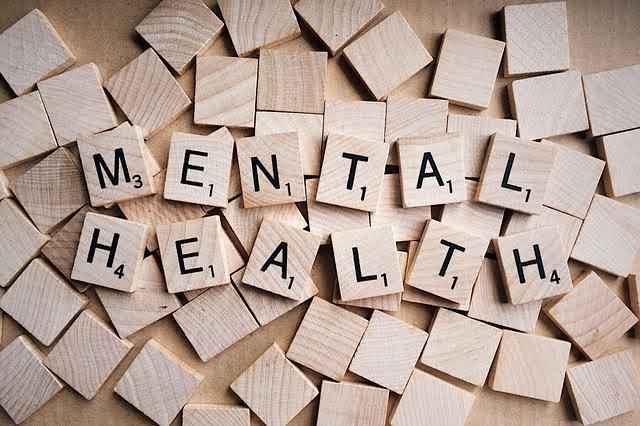In a country known for its rich cultural tapestry and diversity, India’s mental health landscape is quietly evolving. Despite substantial strides in healthcare, the nation faces disparity in the availability of mental health professionals. According to experts, there should be at least 3 psychiatrists for every 100,000 people, but India has only 0.75. It’s a concerning statistic, but it’s not just about numbers. It’s about people, their well-being, and the imperative need for awareness and compassion.
Mental health is an intrinsic part of overall well-being. Yet, the topic has often been relegated to the shadows. The saying, “There is no health without mental health,” reminds us of the profound connection between mind and body. In most parts of the world, including India, mental health services remain far from satisfactory. Low and Middle-Income countries (LMICs) bear a significant burden due to factors like availability, affordability, and various influences.
Mental health issues span a lifetime – from autism and cognitive impairment in childhood, to depression, anxiety, substance misuse, and psychosis in adulthood, and ultimately to dementia in old age. Globally, mental illnesses constitute 15% of the disease burden. India, according to the World Health Organization (WHO), has one of the world’s largest populations grappling with mental health issues in various forms.
According to a national mental health survey- Before the COVID-19 pandemic, about a billion people worldwide were living with a mental illness in 2019. This number includes 14% of the world’s teenagers, with the incidence of common illnesses like emotional stress, anxiety, and depression surging by over 25% during the pandemic’s first year.
As of now, India has approximately 9,000 psychiatrists, with around 700 new graduates entering the field annually. This equates to a mere 0.75 psychiatrists for every 100,000 citizens, while the desirable number is three or more. To reach this goal, India would need 36,000 psychiatrists – a considerable shortage of 27,000 doctors.
The statistics surrounding mental health in India are revealing:
1. WHO emphasizes that India falls short in terms of the mental health workforce, with just 0.3 psychiatrists per 100,000 people. The ideal number should be significantly higher.
2. WHO predicts that about 7.5% of Indians suffer from mental disorders, with an expected rise to 20% in the near future. The numbers reveal that 56 million Indians battle depression, and another 38 million grapple with anxiety disorders.
3. India accounts for 36.6% of global suicides, surpassing maternal mortality as the leading cause of death among women and teenage girls aged 15-19 years. The situation demands immediate attention.
4. Mental health issues burden India with 2,443 disability-adjusted life years per 100,000 population, with an age-adjusted suicide rate of 21.1 per 100,000 people.
5. Mental disorders have doubled their contribution to India’s total disease burden since 1990, affecting one in seven Indians.
6. WHO estimates economic losses due to mental health conditions in India from 2012-2030 to be a staggering 1.03 trillion 2010 dollars.
The urgency lies in understanding the magnitude of the challenge and addressing it with compassion and awareness. While many individuals are increasingly health-conscious, mental health often remains a topic unexplored. It’s time to shed light on the shadows, fostering a nation that not only cares for its physical health but also for the minds and emotions that make us human. India’s journey towards better mental health is underway, one step at a time.
– Ranu Jain














